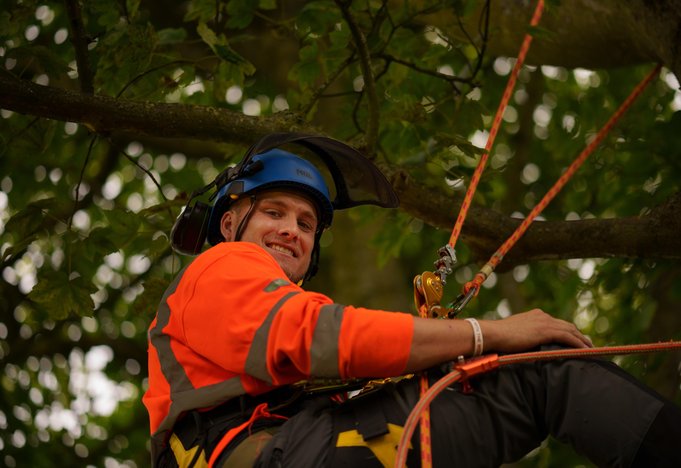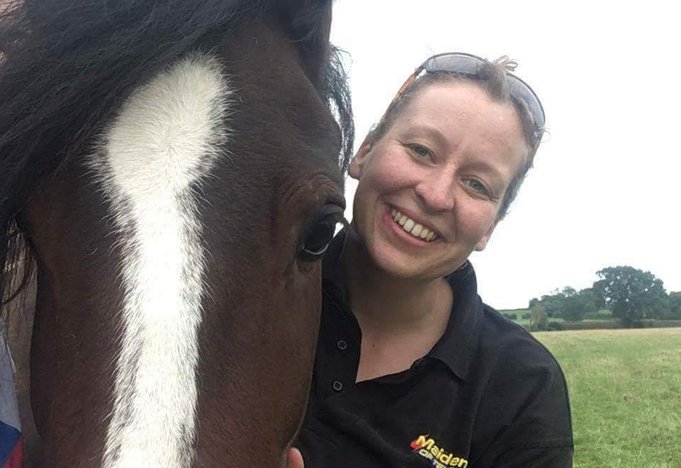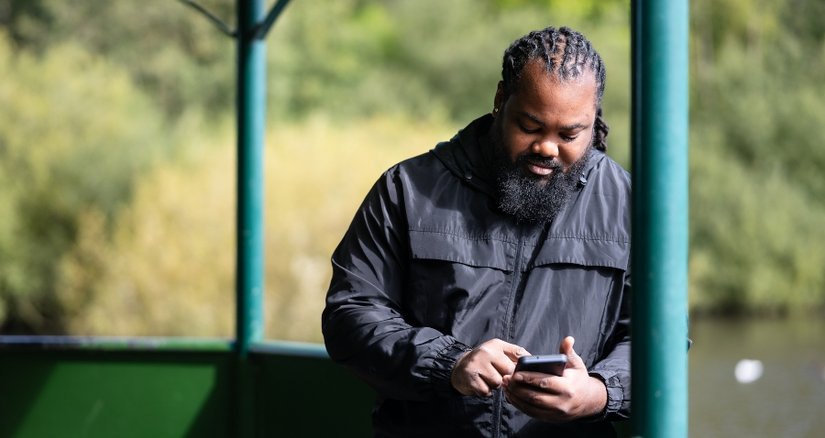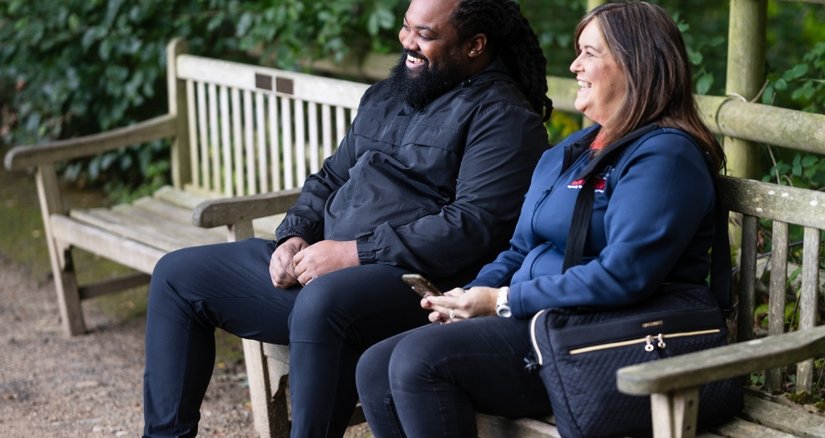Dwayne'S Story
Born and raised on the island of Grenada in the Caribbean, Dwayne moved to England when he was a boy of 16. A long way from his home and friends, he wanted something to do and was sold the idea of an exciting military career at the Army Recruitment Centre.
Joining the Armed Forces
Dwayne joined the Army Royal Logistics Corp and initially worked as a driver. After he returned from deployments in Iraq and Belize, he decided to specialise and completed a Level 2 Explosive Ordnance Disposal course. He became part of a small 4-man team and an incredible bond formed between them. Together they were deployed to Afghanistan and during that intense 4-month tour, Dwayne witnessed atrocities and experienced near-death situations.
My team in bomb disposal was the best. They were great and I loved them - we were so connected to one another. It was the best job ever.
Dwayne, military veteran and WWTW beneficiary
Returning home
Dwayne returned from Afghanistan just in time for the birth of his first child, a son. He was happy at home with his family but when an old friend suggested that they should go for a drink to wet the baby’s head, he agreed. On the way into town, they were set upon by a group of young men and Dwayne was assaulted. He had no idea that he had been stabbed in the spine until he saw the blood and was unable to stand up.
In hospital, he was told that he may never walk again. The shock was terrible. Paralysed in both legs, Dwayne could not walk or sit down and for 3 months he received intensive nursing care. His Army team looked out for him and helped his new family to get through a desperate time. Remarkably, the sensation in his legs started to return and eventually he recovered full mobility.
Dwayne returned to his duties and was posted to Germany. However, during extreme cold weather conditions, he suffered from non-freezing cold injury to his hands and feet. There is no cure or treatment for this severe condition, and he received a Medical Discharge from the Army. Dwayne did not want to leave his career; he had planned to stay the course and he was not prepared.
When you leave the Army and you're on your own, when the actual reality sets in, there was a point I was just about to give up.
Dwayne, military veteran and WWTW beneficiary
Navigating civilian life
Dwayne spent the next 10 years trying to adapt to civilian life. Once the discipline of the Army routine had been removed from his life, the events from Afghanistan caught up with him. He started to suffer from flashbacks and sleep problems, he was volatile and used alcohol to numb his symptoms.
Dwayne ran his own successful delivery business, he focused hard on his work and never stopped. It was go, go, go. He spent every penny he earned, and his home life suffered. One day, he simply decided that he could not continue to exist like this, and he left his home and family and went to live in his car.
A veteran friend advised him to go and see his GP and he was diagnosed with Complex Post Traumatic Stress Disorder (PTSD). Dwayne was referred to NHS Op COURAGE (Veterans’ Mental Health Service) for treatment and received talking therapies that helped him to cope with his symptoms. His therapist introduced Dwayne to Clare, a Veteran Liaison Support Officer (VLSO) at WWTW, to offer support and address his homelessness, finances and prepare him for the future.
Therapy is hard, reliving events is hard, but talking does help and it has helped me to balance things in my head.
Dwayne, military veteran and WWTW beneficiary
Preparing for the future
Dwayne was initially offered accommodation in a hostel by Leeds Council, but it was unsuitable for someone suffering from PTSD, and he had to leave. Clare quickly approached the Council to find a more suitable home. She pursued them until he was offered a flat and then applied to the Royal British Legion (RBL) and his regimental charity for a package of funds to help furnish his new home.
Last Christmas, Dwayne planned to travel to London to spend a single day with his children. He could not afford to stay longer but Clare knew that he should be able to celebrate properly with his family. She accessed the WWTW Quick Response Fund and paid for him to stay in a hotel for 3 nights. That extra time with his kids made a significant difference to Dwayne’s wellbeing and happiness.
Recently, Dwayne joined Clare at an Armed Forces Covenant meeting at Leeds Council. He gave a powerful account of his experiences trying to navigate their services to get help. It had a significant impact on the council’s panel. Dwayne now wants to become a spokesperson for the veteran community and help others to overcome the perceived stigma of asking for support.
Dwayne wants his life to return to normality. He has stopped drinking; he has a nice, quiet new home, and he is continuing with counselling to help maintain his mental health. He has completed a course; Level 3 First Aid at Work and is now considering other vocational courses. He hopes at some stage, when he feels ready, to return to employment.
I realise now that squaddies are different, and I want to let other veterans know that there is help out there and it is fine to ask for support.
Dwayne, military veteran and WWTW beneficiary
MORE VETERAN JOURNEYS
Learn how we have supported other veterans with our programmes of support.

Thanks to Lynsey, Kane now has a future
Our Employment programme helped Kane into a career he loves and a life with a positive future.

Lal is now back on track with a regular income
Our Employment programme helped Lal back into work after retiring from the military.

Carly can now see she has a bright future
With employment support, Carly’s now found a career that’s as important to her as it is for the people she helps.

